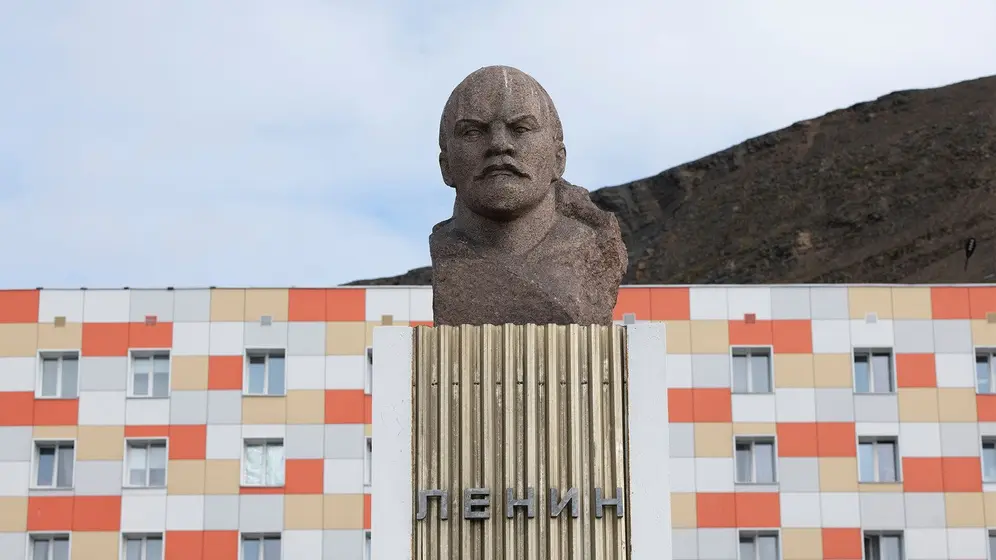T4K3.news
Arctic town Barentsburg sees creeping influence
A Russian-run settlement on Svalbard underlines how Arctic governance blends cooperation with power politics.

Barentsburg, a Russian-run town on Svalbard, sits at the edge of Arctic diplomacy and NATO oversight.
Barentsburg under Lenin's shadow
Barentsburg sits on Svalbard, a Norwegian archipelago where Norway keeps the sovereignty, but the 1925 treaty allows foreign nationals and companies to exploit resources. A Lenin bust towers over the square, Cyrillic signs line the streets, and Arktikugol runs the coal mine while a Russian phone service and shops selling Russian goods anchor daily life. The town shows how history and geography shape the Arctic, with Russians living in a place that is technically Norwegian.
Norway says the situation is stable, but officials warn against complacency. Russians can travel by boat from Murmansk without visas, and some residents have voted under local supervision, raising questions about sovereignty and influence. The population has fallen from about 2,000 to around 340, leaving a fragile economy tied to a dwindling coal mine. Barentsburg looks to tourism and science as possible lifelines, but plans to host a research centre for scientists from the Global South face uncertain approval. Even so, the town remains a symbol of Russia's presence in the north, a reminder that the Arctic is a stage for broader power plays.
Key Takeaways
"It grew too complicated to stay in Barentsburg after she spoke out against the Ukraine war."
A Russian resident describing a decision to stay or leave
"Russians can enter Svalbard, visa free, if they travel by boat from Murmansk."
Entry rules cited in the article
"The coal in Barentsburg may not be worth digging out, but it gives Russians an excuse to remain dug in."
Comment on economic and strategic value
"One pro-Putin bishop has paid repeated visits to be filmed beside Orthodox religious items."
Observation on religious and political symbolism
Barentsburg is a living example of how Arctic space has become a new field for great power influence. The Svalbard treaty creates a framework that protects Norwegian sovereignty while inviting foreign participation, a duality that can be exploited or managed depending on the moment. The town’s everyday life—shops, signs, and a propaganda echo—shows how symbolism can blend with practical needs in a contested region.
This situation tests Oslo and NATO's approach to Arctic governance. Officials must protect residents and maintain open scientific and economic exchange while avoiding actions that could escalate tensions. If the balance tilts toward coercion or spectacle, Barentsburg could become a flash point; if it stays focused on collaboration, it might become a quiet example of cooperative security in a warming, increasingly strategic north.
Highlights
- The Arctic frontier has a political heartbeat now
- Lenin still looms over a town in the far north
- Barentsburg wears history like a heavy coat
- Two worlds meet in the snow and the treaty
Geopolitical tension in Arctic enclave
Barentsburg sits within a treaty framework that allows foreign exploitation alongside Norwegian sovereignty. The presence of a Russian-run town in a sensitive Arctic zone carries political, security and diplomatic implications for Norway and NATO.
What happens next in Barentsburg may signal how Arctic governance evolves under pressure
Enjoyed this? Let your friends know!
Related News

Pastor Doug Wilson opens new church in Washington

Melania Trump influence on policy

British craft shop owner dies at Swiss clinic

Tommy Robinson's Support Network Exposed

Ellen DeGeneres moves to the UK

Severance leads Emmy nominations announcement

Weapons review window opens

Ashley Young joins Ipswich Town
